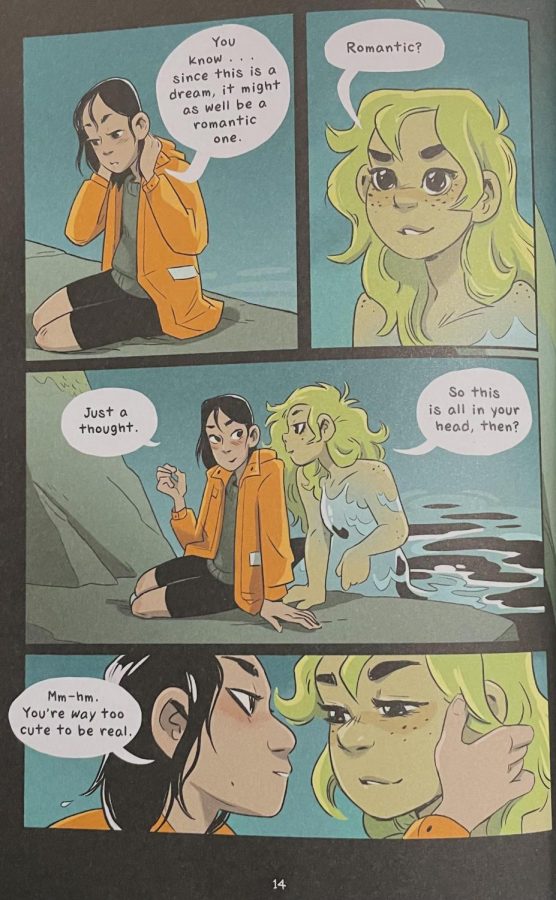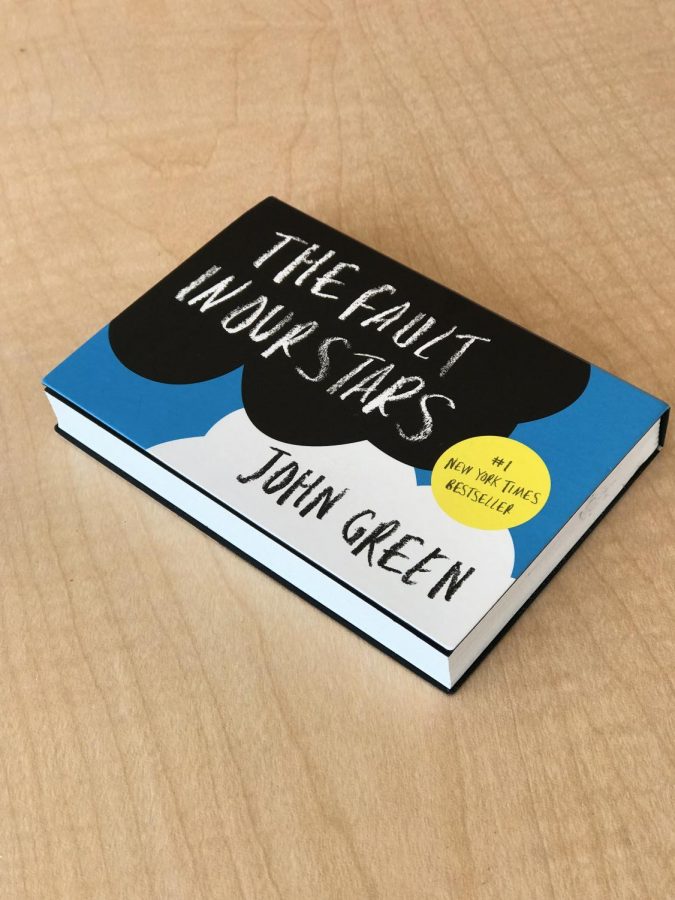
“We are born in order to see and listen to the world. And that’s all this world wants of us.”
Translated fiction allows readers to experience different perspectives and philosophies. Sweet Bean Paste by Durian Sukegawa was translated into English from Japanese in 2017. It’s a deeply poetic book that explores the social stigmas and ableism that people in Japan experience through the characters of Tokue and Sentaro.
Tokue is a 76-year-old former patient of Hansen’s disease (Leprosy). It’s a chronic, curable disease that causes skin lesions and nerve damage. Tokue’s hands got deformed when she was young due to the disease, however, this did not stop her from learning to make the most delicious sweet bean paste in Japan. Despite her age and deformed hands, her persistence landed her a job in a dorayaki shop, which is a traditional pancake filled with red bean paste.
Sentaro, the employee who hired Tokue, had a hard time selling his dorayaki, but with the help of Tokue’s delicious sweet bean paste, the shop’s sales drastically boomed. Unfortunately for Tokue, there is a large stigma towards former leprosy patients in Japan, which became the reason she was driven out of the shop.
The leprosy prevention law was enacted in 1953, which allowed for the segregation of leprosy patients into sanatoriums, where they lived in total isolation until 1996. Tokue lived in a sanatorium since she was 14 years old and wasn’t able to experience the outside world like she was supposed to. When she was finally allowed back into the world, one of the things she wanted to do was work at the dorayaki shop. Her wish came true, but only temporarily, as rumors of a former leprosy patient working at the shop started spreading around, and customers slowly stopped visiting the shop.
Durian Sukegawa, the author of the book, was able to write a story that moved and connected to not only Japanese readers but also to readers in the West. Through the themes of prejudice, intergenerational friendship, and the characters, the story will stick with each and every reader for multiple days.
Tokue’s life, which was full of hardships and grief, teaches readers that people can still find meaning and purpose in life even in the face of adversity. By highlighting the hardships ableism leads to, this book encourages readers to look inward and reflect on the prejudices they may have.















